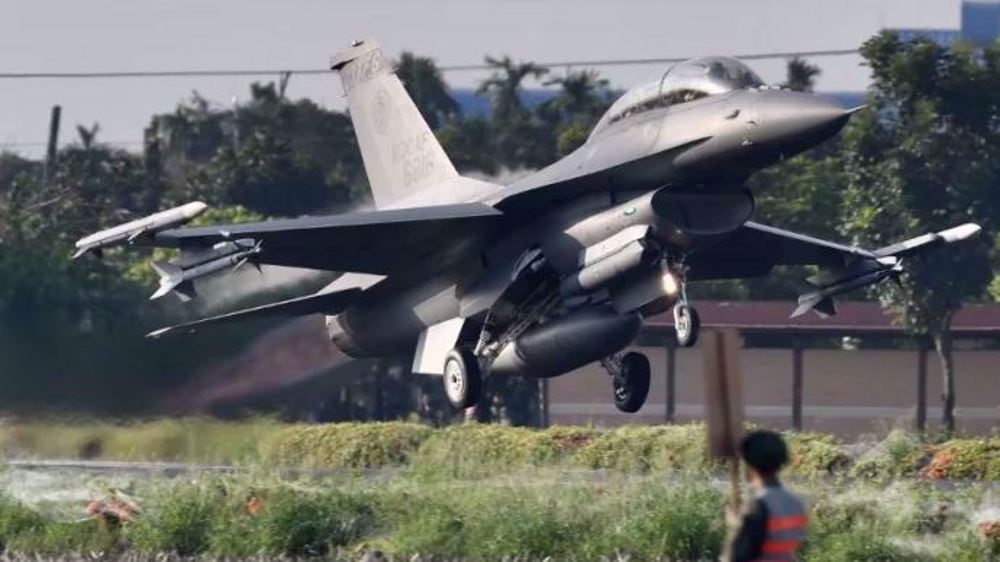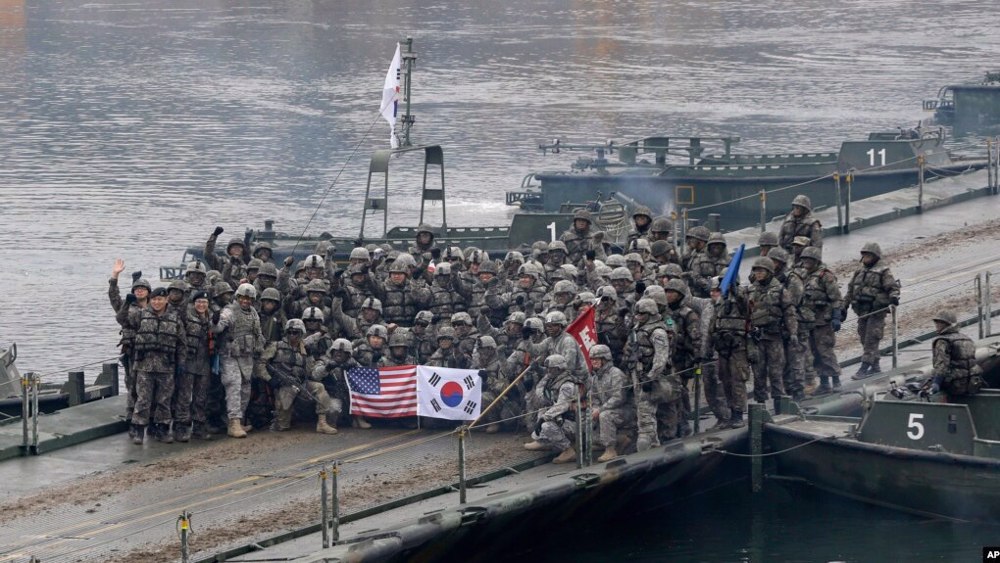US Navy ships overseas plagued with problems: Watchdog
US Navy ships on overseas missions have lost operational readiness due to a slew of problems ranging from maintenance to training, a government agency warns, in the wake of two deadly maritime mishaps that badly damaged the force’s reputation.
A new review by the US Government Accountability Office (GAO) has found that overworked and undertrained workers on board the state-of-the-art warships often miss to carry out vital maintenance operations on time.
"The Navy has been warning for some time that they have been keeping a pace that is unsustainable. Our work has confirmed the difficulties," said John Pendleton, a GAO director.
The organization warned that the number of soldiers with insufficient training in the Navy had increased five-fold in two years.
According to the report, the problems are mostly apparent in vessels operating under the command of the Navy’s 7th Fleet, which is based in Japan and conducts high-profile missions in the South China Sea and off the Korean Peninsula.
Last month, the fleet’s USS McCain guided-missile destroyer collided with a Liberian-flagged oil tanker, near the entrance to the Strait of Malacca, one of the world’s busiest shipping lanes. The collision killed 10 sailors and injured five others.
The incident came nearly two months after seven more US Navy sailors lost their lives on board the USS Fitzgerald, another guided-missile destroyer of the 7th Fleet, as the warship crashed into a container ship south of Japan.
US Navy vessels were involved in two more collisions in Asia this year. In January, the USS Antietam ran aground near its base in Japan, and in May, the USS Lake Champlain collided with a South Korean fishing vessel.
As of June, 37 percent of the warfare certifications for cruiser and destroyer warship crews deployed to Japan had expired, while more than two-thirds of them had been expired for more than five months, Pendleton said.
The high number of incidents prompted the US Navy officials to put on halt all operations across the world and conduct a thorough review of seamanship and training in the Pacific.
While US Defense Secretary James Mattis has pledged a “broad” probe, baffled US military officials have not ruled out reasons beyond human error, including possible cyberattacks.
French lawmakers oust govt. in ‘historic’ no-confidence vote
VIDEO | AI video shows ‘Netanyahu’s son in Hamas captivity’ as families press Israeli PM to end war
Oil slightly down ahead of OPEC+ decision
VIDEO | Sana’a university hosts military parade
Netanyahu lied about leaked Gaza documents, lawyer for his aide says
Hamas underscores urgency of ending Israel’s ethnic cleansing in Gaza
Iran eases restrictions on visits to territorial island of Bu Musa
Norway divests from Israel’s largest telecoms firm over settlement expansion













 This makes it easy to access the Press TV website
This makes it easy to access the Press TV website